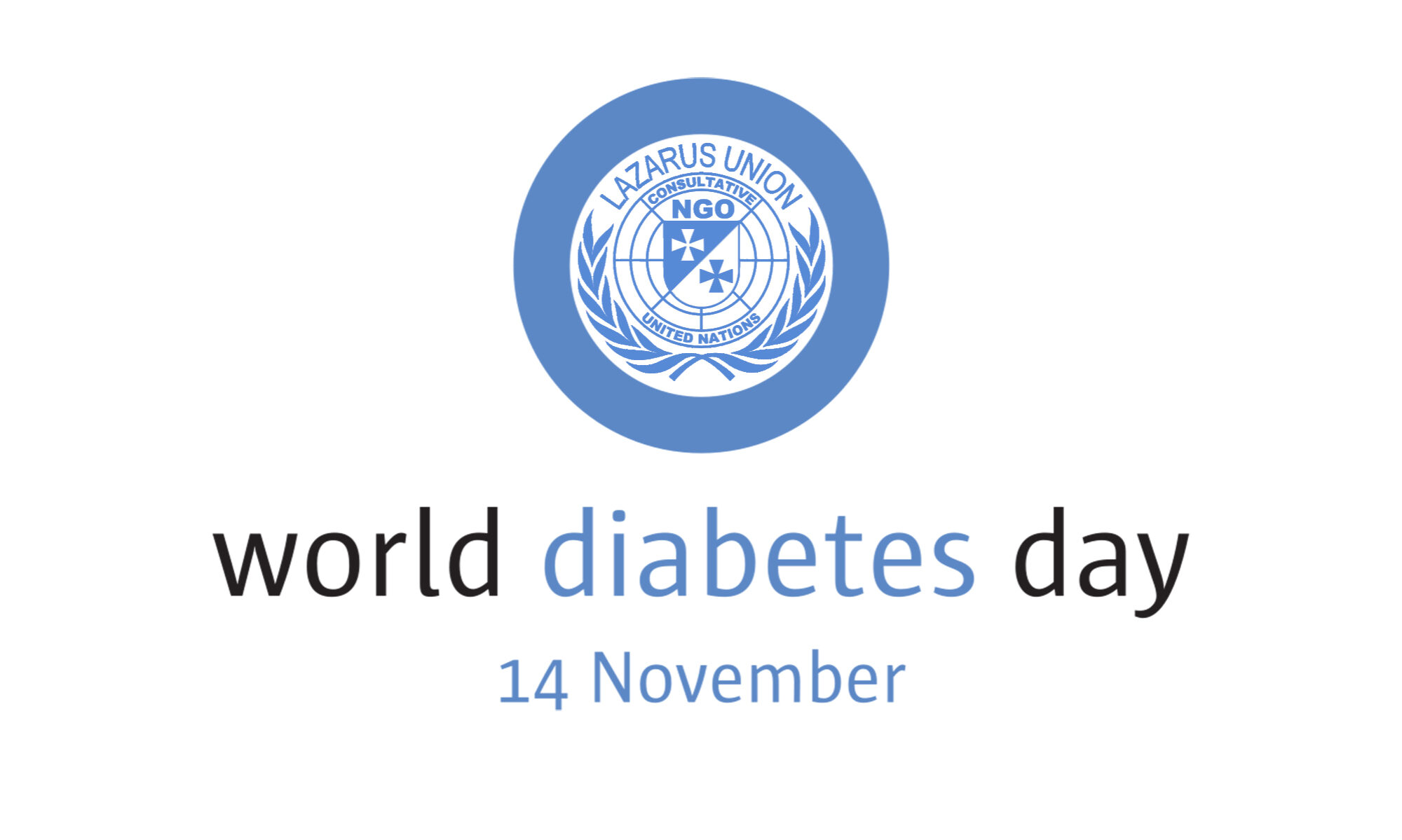Immutable factors that influence the risk of type 2 diabetes:
A PREVIOUS BLOOD SUGAR DISORDER
- People who have had elevated blood sugar at times may be at higher risk for type 2 diabetes.
- This is also true for women who had elevated blood glucose levels (gestational or gestational diabetes) during pregnancy.
BODY SIZE
- Body size affects the risk of diabetes because it also plays a role in the distribution of fat around the abdomen.
DIABETES IN THE FAMILY
- The risk is increased if biological relatives have or have had type 2 diabetes. This increased risk is probably based on an interplay of genetic and family lifestyle factors.
Modifiable factors that influence type 2 diabetes risk:
PHYSICAL ACHTIVITY
- Physical activity helps to maintain body weight and at the same time improves insulin action. This helps regulate blood glucose levels. Besides exercise, other activities such as cycling, gardening or walking also contribute to a lower risk of type 2 diabetes.
OVERWEIGHT (waist circumference)
- If you have a lot of fat stored in your abdomen (waist), your risk of developing type 2 diabetes increases. Studies have shown that losing weight can significantly reduce your risk of developing type 2 diabetes.
WHOLE GRAIN BREAD
- Many studies suggest that eating wholemeal bread and wholemeal products reduces the risk of type 2 diabetes.
MEAT
- Eating beef, pork, veal or lamb increases the risk of developing type 2 diabetes. The more meat you eat, the higher your risk.
COFFEE
- Studies show a link between coffee consumption and a lower risk of type 2 diabetes.
ALCOHOL
Moderate alcohol consumption is associated with a lower risk of type 2 diabetes. Increased alcohol consumption, on the other hand, increases the risk of type 2 diabetes. Alcohol consumption can lead to addiction, liver damage or cancer
SMOKING
- Heavy smoking is associated with an increased risk of type 2 diabetes. Smoking can also lead to cancer and cardiovascular disease. It is therefore advisable to stop smoking.

